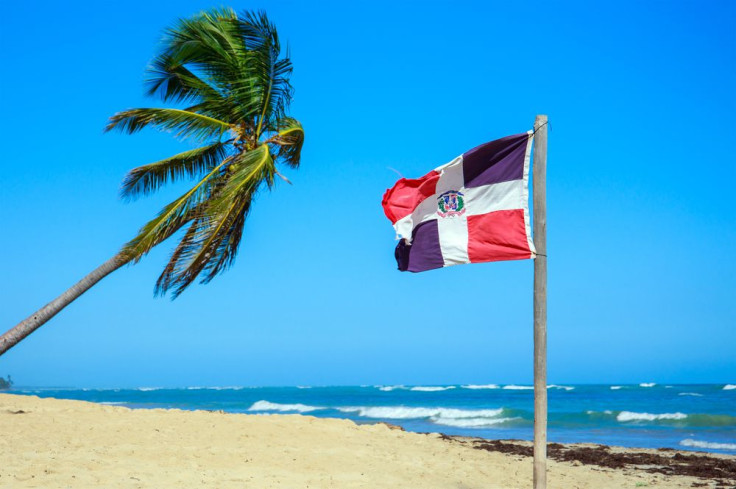On Playa de Los Negros in Azua, more than 40 civil society organizations coordinated "Christmas without barges" to express their fierce opposition to the installation of two barges that they argue would pollute and have a negative impact on three protected areas, human health, agriculture, fishing, community tourism, and peaceful coexistence, Diario Libre reported.
The coordination of the event was carried out by the National Popular Coordinator and community organizations of the Municipal District of Los Negros, which are made up of the National Human Rights Commission, the Dominican Medical College, National Peasant Articulation (CNC), and the tourism and production clusters Azua (CTPA) and San José de Ocoa.
The permission given to the Karadeniz Powership company to erect two barges has drawn criticism from Héctor Turb, director of the National Popular Coordination, who claims that it is against the Constitution and the laws 202-04 on Protected Areas and 64-00 on Environment and Natural Resources.
A warning was issued by Turbí and other leaders stating that they would continue to battle until President Luis Abinader orders the revocation of the environmental license issued by the Ministry of Environment and Natural Resources.
Community leaders further complained that they are the target of military and police tyranny, which reportedly endangers their lives and property and instills fear among the population.
The activists referred to environmental license No. 0452-22 of Nov. 22, granted by the Ministry of the Environment to install two barges on the beaches and mangroves of Los Negros in Puerto Viejo de Azua.
They assured that "there is no way that the contamination that this project would generate remains cloistered only in the narrow strip of the port and even less because the structure of the project, at least, would remain in the buffer area of the mangroves and where manatees, flamingos, fish, crustaceans, native and migratory birds breed; therefore solid and liquid pollutants and noise will spread throughout the area, affecting wildlife, humans and agricultural production.”
An appeal for reconsideration was submitted, according to National Human Rights Commission lawyer Eddy Perdomo, to see if the head of the environment and natural resources would reverse his judgment.
Perdomo and fellow human rights lawyer Joselyn Melo issued a warning, stating that they intend to visit the National Palace and urge people to use all available legal and protest options.

© 2025 Latin Times. All rights reserved. Do not reproduce without permission.



